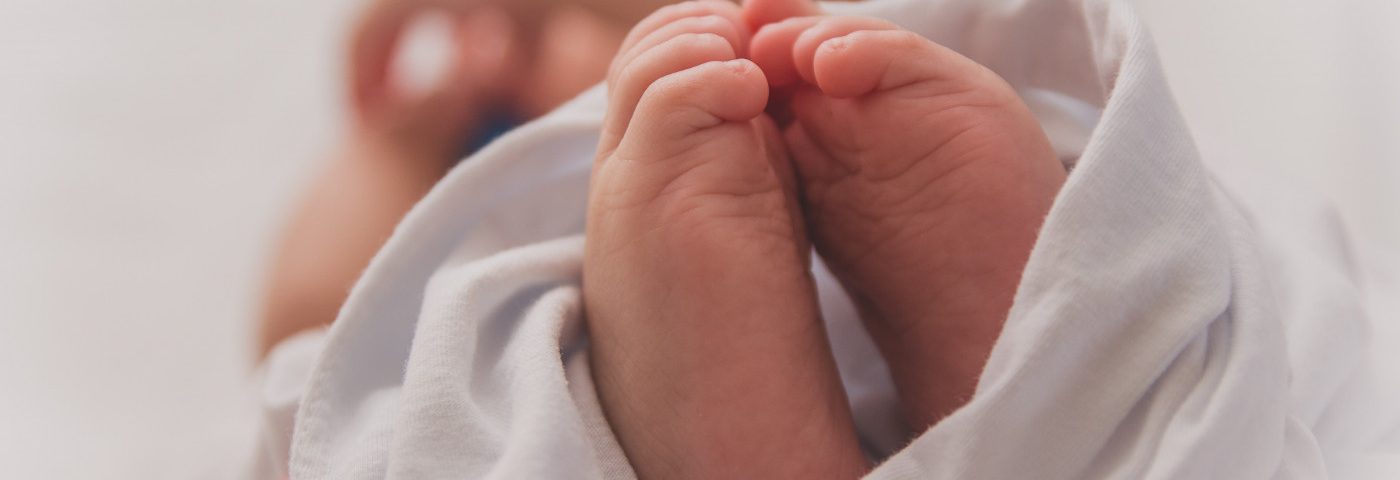If you and your partner are both carriers for phenylketonuria (PKU), you should meet with a genetic counselor. The counselor can tell you about your risks of passing the disease to your children and your reproductive options.
As carriers, you and your partner likely have no symptoms of PKU, but any children you have together will have a 25% chance of inheriting the disease. They also will have a 50% chance of being carriers like the both of you.
Prenatal diagnosis
If you choose to conceive naturally, you may choose to get a prenatal genetic test. There are two main methods for collecting genetic material from the fetus in the uterus. These are amniocentesis and chorionic villus sampling (CVS).
Amniocentesis is a process by which the doctor collects a sample of amniotic fluid by inserting a syringe needle into the mother’s abdomen. The amniotic fluid is the fluid that surrounds the fetus as it grows; it contains cells from the fetus, which doctors can use for genetic testing.
The placenta also contains DNA from the fetus. In CVS, doctors collect a sample of the placenta by inserting a needle either through the mother’s abdomen or vagina and taking a small piece of the placenta.
Clinicians can use the DNA sample from the fetus to determine whether the baby has PKU.
In vitro fertilization
Sperm and egg cells can be combined in a laboratory to form an embryo. This process is called in vitro fertilization (IVF). Doctors then can implant the embryo in the mother’s uterus.
You can use your own reproductive material. However, the embryos will still have a 25% chance of having PKU if you are a carrier. Alternatively, you can use donor egg or donor sperm cells (or both) to create embryos that are related to only one of you, or neither of you. As long as the donors do not have PKU and are not PKU carriers, the embryos will not inherit PKU.
Pre-implant genetic testing
If you do choose to use your own reproductive material for an IVF procedure, clinicians can screen the embryos for PKU prior to implanting them. Doctors can take a few cells from each embryo for genetic testing.
As parents, you can choose to implant only embryos that have not inherited PKU, or only embryos that will be carriers, like the two of you.
Last updated: July 2, 2020
***
Phenylketonuria News is strictly a news and information website about the disease. It does not provide medical advice, diagnosis, or treatment. This content is not intended to be a substitute for professional medical advice, diagnosis, or treatment. Always seek the advice of your physician or other qualified health provider with any questions you may have regarding a medical condition. Never disregard professional medical advice or delay in seeking it because of something you have read on this website.

